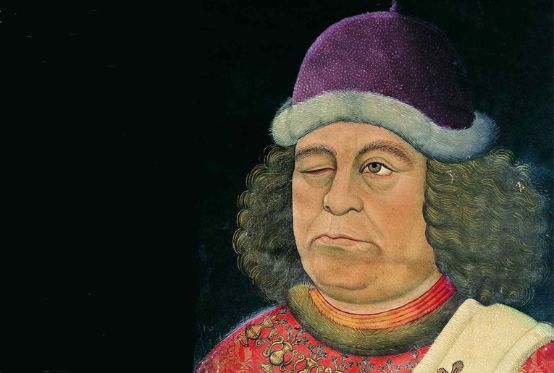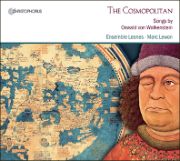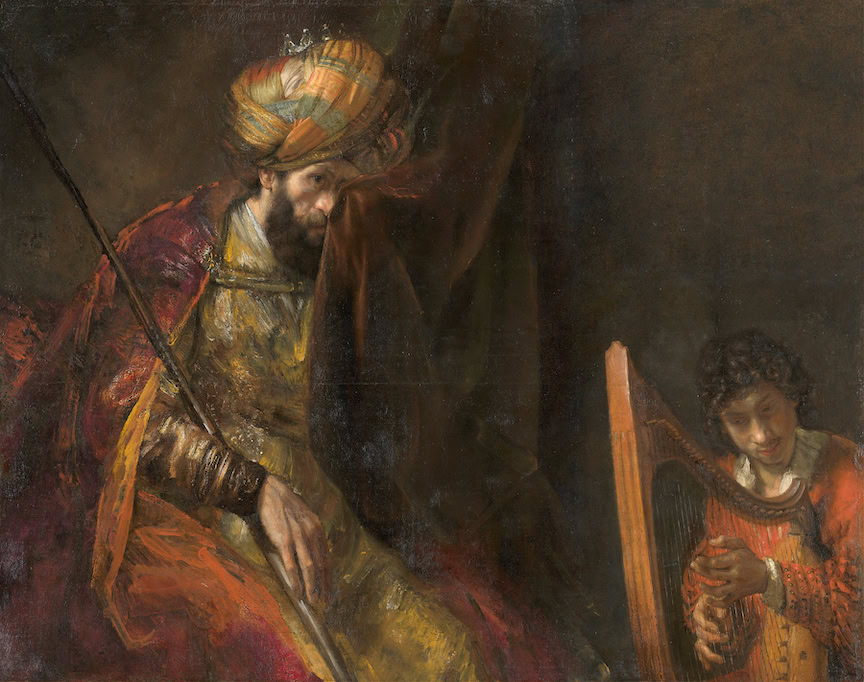The late Middle Ages brought back to life
Marc Lewon and his Ensemble Leones revive the works of Oswald von Wolkenstein.

His life resembles an adventure novel, but his art is refined and unafraid of comparison with the Renaissance, which he shortly preceded; many of Oswald von Wolkenstein's poems, songs and compositions have come down to us thanks to three superb manuscripts. The pieces selected and edited by Marc Lewon introduce us to a vigorous poet, whose texts are rooted in his time and often autobiographical, using subtle metaphor as much as crude allusion, and whose psychological descriptions are surprisingly modern. One of the main pieces is a fifteen-stanza epic, recounting the author's captivity and liberation with great realism and humor; also worth mentioning are his love songs explicitly dedicated to his wife. Unfortunately, the texts are not translated on the booklet, and the link provided on the ensemble's website offers only a translation in modern German.
At least as accomplished as his texts are the musical compositions of Oswald von Wolkenstein, who expands medieval monody into complex polyphony, making use of the ancient organ technique as well as two- and three-part canon and counterpoint.
Marc Lewon and his Ensemble Leones give an interpretation of these works that is above reproach, polished and unblemished; the instrumental mastery (with a special mention for... the cow's horn) and above all the voices are astounding. This reconstruction of fifteenth-century sound is convincing in its quality and aesthetic unity.
The Cosmopolitan. Songs by Oswald von Wolkenstein. Ensemble Leones: Els Janssens-Vanmunster, Gesang; Miriam Andersén, Gesang, Harfe, Kuhhorn, Snatterpinnar; Tobie Miller, Gesang, Drehleier, Baptiste Romain, Vielle, Dudelsack; Marc Lewon, Gesang, Plektrumlaute, Cetra, Vielle, Leitung; als Gast: Liane Ehlich, Mittelaltertraversflöte. Christophorus CHR 77379








